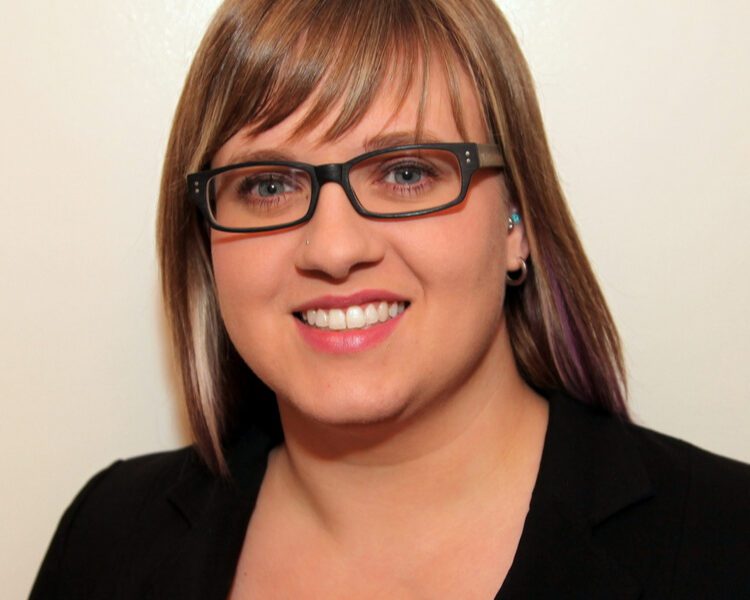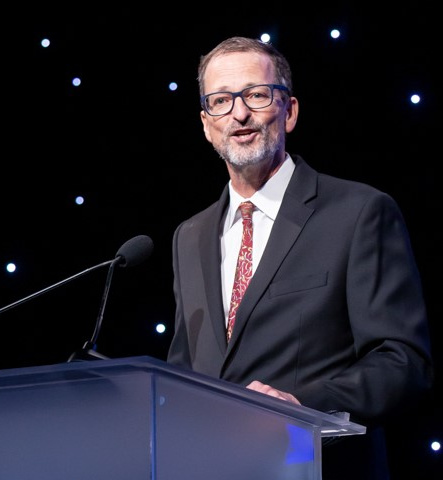Leading a business today requires navigating complex challenges while balancing profit with the well-being of people and the planet. Companies embracing the Triple Bottom Line (TBL)—focusing on People, Planet, and Profit—are uniquely prepared to tackle these complexities. Decision-makers now must consider the broader impacts of their actions, beyond traditional profit margins, in ways that affect global supply chains, employee welfare, and environmental sustainability.
The TBL framework fosters a business model that promotes long-term success by embedding sustainability and social responsibility into the DNA of companies. It emphasizes that profitability is only one part of a company’s true health and viability. For organizations operating within this mindset, resilience becomes inherent, with sustainable practices and stakeholder engagement at the core.
Affecting Consumer Opinion
The growing importance of corporate values is influencing consumer behavior more than ever. Modern consumers, especially millennials, are increasingly choosing to do business with companies that align with their personal values, whether it’s supporting fair treatment of employees or environmental stewardship. This trend highlights the shift towards consumer-driven brand loyalty based on social and environmental responsibility.
Triple Bottom Line companies are well-positioned to meet these expectations. Their commitment to ethical business practices and community engagement resonates with consumers, leading to stronger relationships and increased brand loyalty. This advantage will only grow as more consumers gravitate toward purpose-driven companies that reflect their values.
Robust Supply Chains
A significant strength of Triple Bottom Line companies lies in their robust supply chains. By taking a mindful approach to sourcing materials and building strong relationships with suppliers, these businesses can withstand global disruptions more effectively than those focused solely on cost efficiency. B Corporation-certified businesses, for example, engage deeply with their supply chains to ensure they align with ethical and sustainable practices, building resilience and flexibility.
This proactive approach enables companies to react swiftly to market changes or supply chain interruptions. Their deep understanding of their supply chains, combined with strong partnerships, positions them ahead of conventional businesses, where lowest-cost providers often dictate decisions without considering long-term sustainability.
ESG Companies Can Hold Their Own
Environmental, Social, and Governance (ESG) ratings have become an increasingly important indicator of a company’s ability to thrive in both good and bad times. ESG-focused companies, driven by their commitment to the TBL philosophy, often outperform traditional businesses, as evidenced by their resilience in various market conditions.
Companies that excel in ESG metrics aren’t just surviving—they are thriving. Their focus on sustainable practices, employee well-being, and ethical governance often results in greater financial stability, lower operational costs, and a stronger ability to attract investment. ESG-aligned companies demonstrate that adopting sustainable business practices can enhance, rather than detract from, profitability.
Building Resilience for the Future
The biggest takeaway from the TBL approach is that it prepares businesses to thrive in an uncertain future. Companies that embed environmental and social concerns into their strategies are better equipped to handle unforeseen challenges. These organizations are already factoring in climate change, fair labor practices, and community well-being into their operational plans, fostering lower turnover, stronger stakeholder relationships, and goodwill that enhances profitability.
Incorporating sustainability efforts such as renewable energy sources or reducing waste, as seen in major corporations like Walmart, not only provides operational resilience but also a significant competitive advantage. These efforts allow businesses to operate efficiently, even in extreme conditions, setting them apart from those that are unprepared.
While it may be too late to retroactively prepare for current challenges, businesses can still adopt the Triple Bottom Line framework to ensure future resilience. Companies that prioritize People, Planet, and Profit will not only weather future crises but emerge stronger and better positioned for long-term success.
An MBA for a More Sustainable Future
Ready to make your career and organization more resilient? Antioch University’s Master of Business Administration program equips you with the tools to integrate the Triple Bottom Line approach, aligning sustainability with profitability.
Through a focus on social responsibility, environmental impact, and ethical business practices, you’ll gain the knowledge and skills needed to lead with purpose. Join us and be a part of a forward-thinking community committed to creating lasting change in the business world.
Address today’s complex business challenges with concentrations tailored to your career and professional goals:






